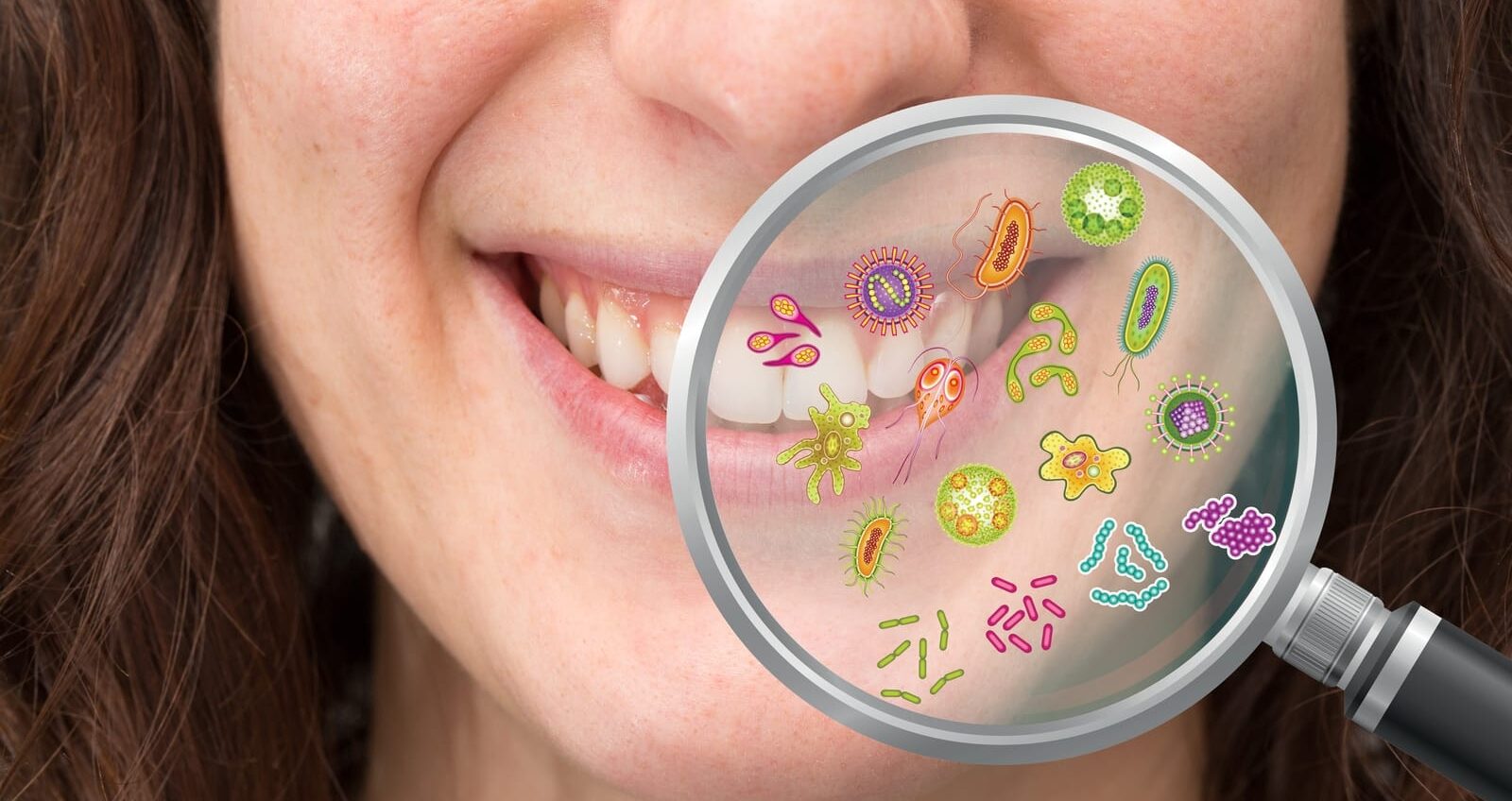Diabetes and Oral Health Disease
Did you know that poor diabetes management can lead to different health complications? Diabetes is a metabolic disease involving the body’s blood glucose levels. A high blood sugar condition with symptoms like increased thirst and hunger, dry skin, blurry vision, weight loss, numbness, frequent urination, and slow-healing sores or wounds best characterizes it.
Without proper treatment, a series of health complications can happen, and one of them is gum disease or oral health problems. Uncontrolled diabetes can significantly affect a person’s teeth and gums. But how does this happen?
Because of diabetes, a high concentration of sugar is present in saliva. This occurrence encourages the growth of plaque and germs that decay the teeth. When plaque develops, the gums become irritated, which causes gum disease or, worse, tooth decay or tooth loss. Aside from these conditions, bleeding gums can also happen due to high blood sugar.
According to studies, diabetes can make the salivary glands in the mouth produce less saliva. This occurrence also increases the amount of glucose in the saliva. When less saliva is produced, and more glucose flows with the saliva, a person becomes susceptible to dental cavities and other oral health concerns.
How to know if your mouth problem is due to diabetes?
The following symptoms will help you identify if your mouth problem is triggered by diabetes:
- Red, swollen, or bleeding gums
- Gums that pull away from your teeth
- A loose tooth
- The rapid increase of spaces between your teeth
- Dryness of the mouth
- Bad breath that doesn’t go away (even after brushing or gargling)
When to call the doctor?
If you experience any of the mentioned symptoms, your dentist is your primary source of help. Aside from keeping your teeth clean, it’s their job to prevent mouth problems from getting severe. However, if you have diabetes, you need to take note of the following:
- Inform your dentist of your diagnosis of diabetes. They can straightaway tell that your oral concerns are due to varying blood sugar levels.
- Ask what medication to use to treat your oral problem. Additionally, ask for potential medicine interaction since you will be following a new treatment.
- Ensure you follow your dentist’s advice on how to treat and manage your oral health problems.
How to prevent oral health disease?
Since oral health disease is a complication of diabetes, its primary preventive measure should be proper blood sugar management. It involves consistent consumption of diabetes medications, such as insulin for type 1 diabetes and oral drugs for type 2 diabetes. However, aside from these measures, the following oral health routine can help prevent gum and teeth diseases.
- Visit your dentist regularly (for cleaning and checkups).
- Brush your teeth twice a day. Use fluoride toothpaste.
- Floss your teeth after eating.
- Gargle with mouthwash.
- Watch out for gum problems (red, swollen, or bleeding gums).
- Avoid smoking.


